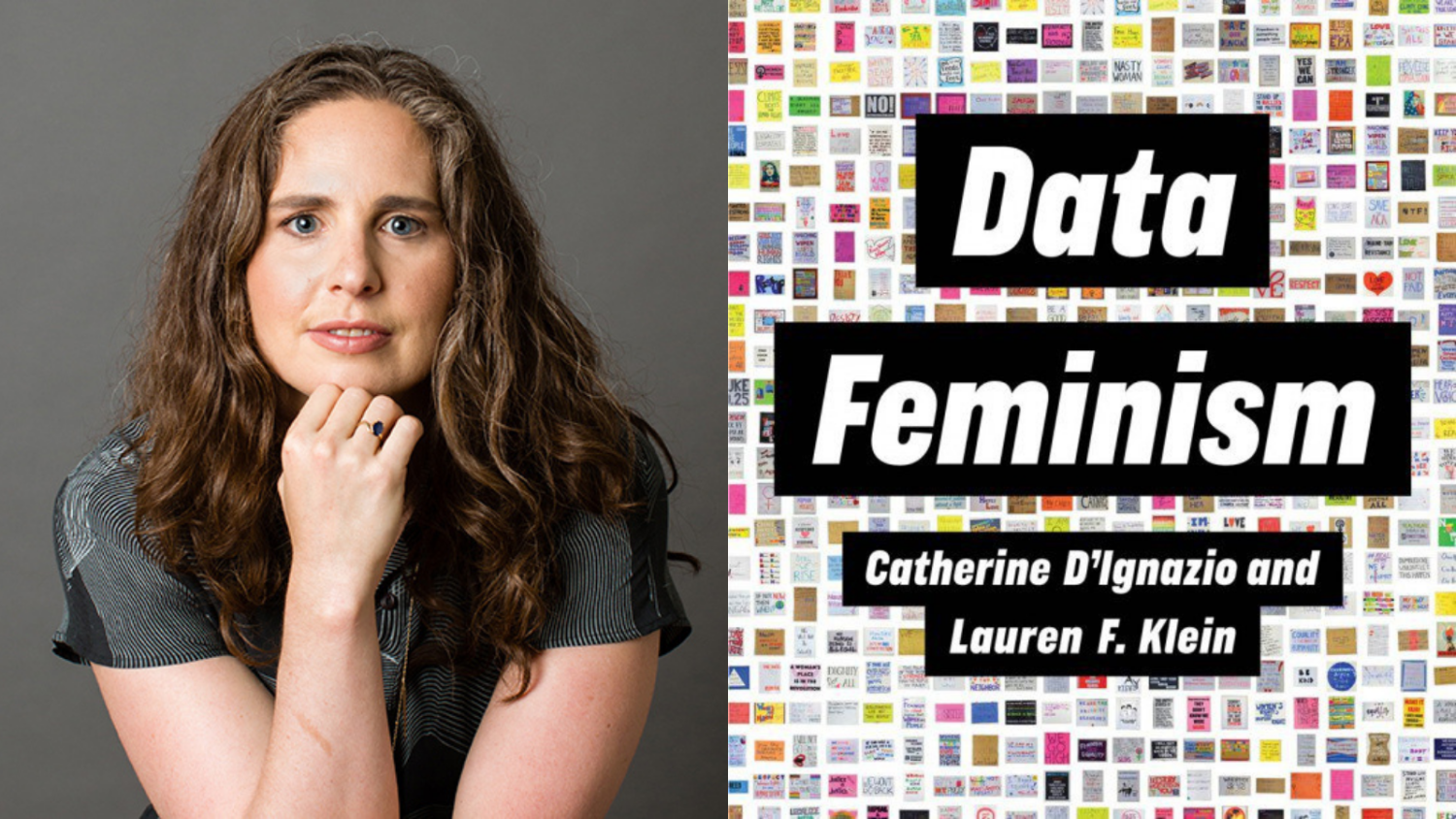Lauren Klein to speak on data feminism

Data is a powerful tool that enables governments, organizations and individuals to improve the quality of people’s lives. But have you ever wondered who is gathering this data, for whom and with whose interest in mind?
In February, the Department of Information Science and the Center for Research Data and Digital Scholarship (CRDDS) will explore these questions through the lens of data feminism with Lauren Klein, an associate professor in the English and Quantitative Theory & Methods departments at Emory University.
Klein’s research focuses on gender and race and how these issues intersect with the digital humanities, data science and early American literature. She and Catherine D’Ignazio—director of the Data + Feminism Lab at MIT—co-authored Data Feminism, which asks questions about the ethics of data collection and dissemination and highlights how data can expose societal injustices.
“The questions data feminism asks help researchers produce better data science,” said Klein. “The researcher, or research team, gains a better sense of the context surrounding the creation of the dataset, as well as a better sense of the scope of research questions that the data can be used to explore.”
In her talk, Klein will model how feminist thought can be operationalized to imagine more ethical and equitable data practices and how scholarship can be transformed into action by:
-
Showing how challenges to the male/female binary can lead to changes to other hierarchical and empirically incorrect classification systems.
-
Explicating how emotion can expand our ideas about effective data visualization.
-
Explaining how the concept of invisible labor can expose the significant human efforts required by our automated systems.
Please join us in exploring data feminism on February 10 from 2 p.m. – 3 p.m. via Zoom. Advanced registration is required. An e-book version of Data Feminism is available to CU Boulder affiliates through the University Libraries’ website.

